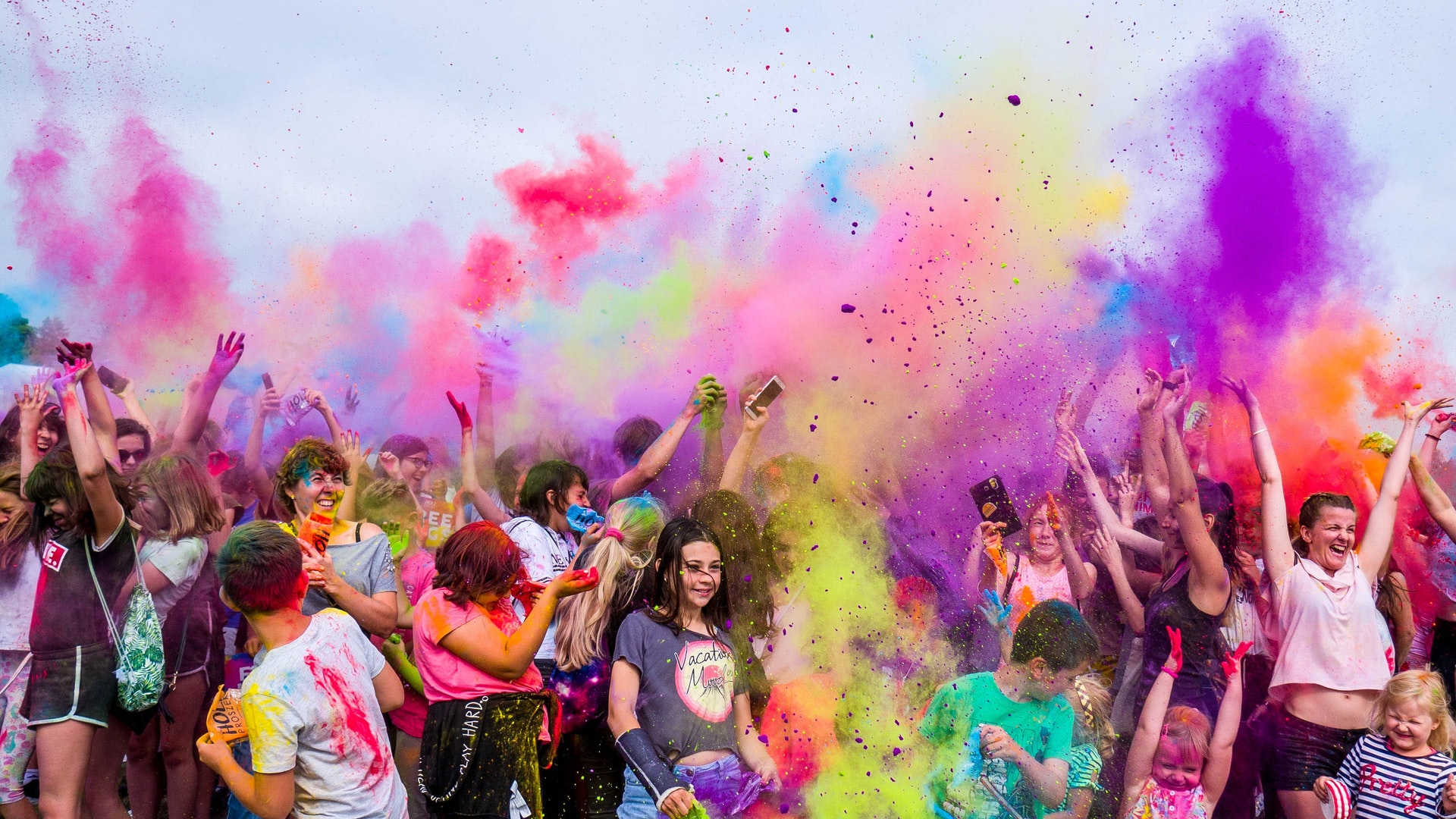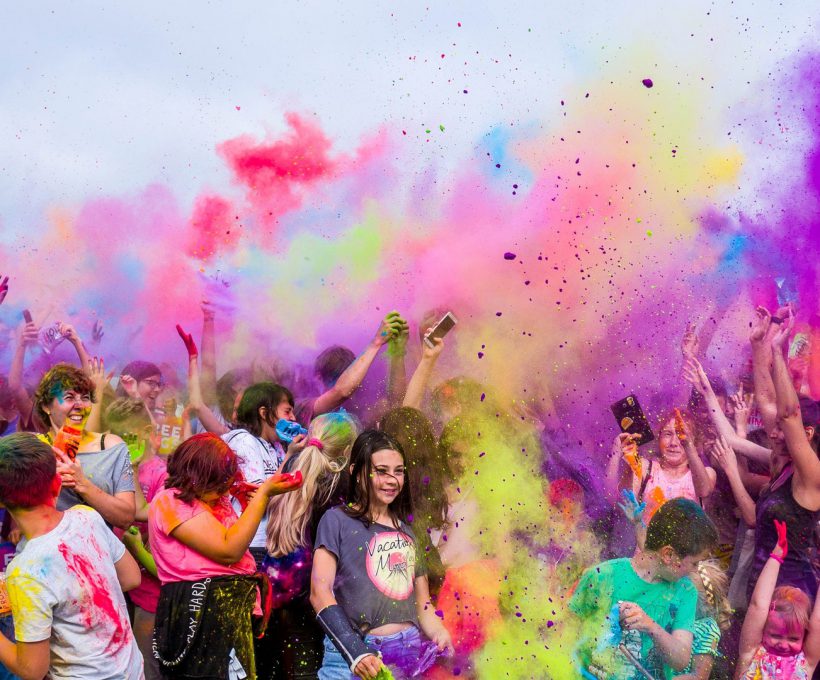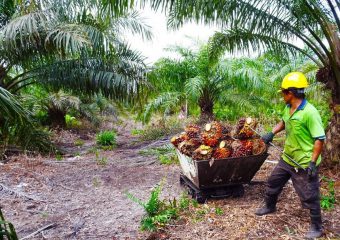(Above) There are several examples of the experience economy for you as a business owner to choose from, like these ones listed by Simplicable. Photo by Marcin Dampc from Pexels.
When we want our cup of coffee, we either make our own at home or order it with our meals at kopitiams or restaurants.
Now, with the establishment of modern cafés and coffee houses like Starbucks, we don’t just buy our coffee; we also spend time there for work or leisure by making use of their Internet services, enjoying their store ambience, and being well-served by their waiting staff – all without the worry of being kicked out.
This is one of many examples of how we are now undergoing the ‘experience economy’, where businesses of all kinds are prioritising their customers’ experiences similarly with – and sometimes greater than – their goods and services.
It was first discussed in a 1998 Harvard Business Review article by B Joseph Pine II and James H Gilmore, who described an experience as “not an amorphous construct; it is as real an offering as any service, good or commodity”.
Since then, its application has gone beyond theme parks, concerts, and theatres, and has seeped into nearly every industry, irrespective of goods and services provided by businesses.
In fact, businesses are now expected to offer more memorable and positively charged experiences not only to attract, influence, and retain their customers, but also to grow and sustain their presence.
There are several factors contributing to this phenomenon; obviously digital technology and connectivity help accelerate the growth of the experience economy.
But perhaps more significant is as a result of technological advancement, despite its benefits to their lives, many people find themselves wanting to understand rapid changes surrounding them and ultimately find their place in today’s world.
For that reason, consumers, especially millennials, tend to prefer experience over goods, for they believe in happiness through personal quality time rather than material possession.
And if a company can offer an experience that meets their satisfaction and enhances their wellbeing, they may treat it as a digital detox, or share it to the rest of the world via social media.
In short, as a business owner, your success in today’s digital world – whether in Sarawak or beyond – isn’t only dependent on the latest technology you incorporate, but also your ability to utilise your customers’ experience to add value to your business and stand out from your competition.
You’ll also be pleased to know that the focal point of the experience economy is expected to be right here in Asia Pacific.
At a recent conference in Bangkok, SAP Asia Pacific and Japan president Scott Russell stated that around half of the Asia Pacific population in 2030 will comprise Internet users and youths, and they will be the ones who will drive the experience economy in the region.
This is a weekly column by SarawakYES! – an initiative driven by Faradale Media-M Sdn Bhd and supported by Angkatan Zaman Mansang (AZAM) Sarawak – to provide advice and stories on the topics of education and careers to support Sarawakians seeking to achieve their dreams. Join us on Facebook, Twitter, Instagram and YouTube.
This article first appeared on The Borneo Post, visit this link: http://bit.ly/2NANdnV




